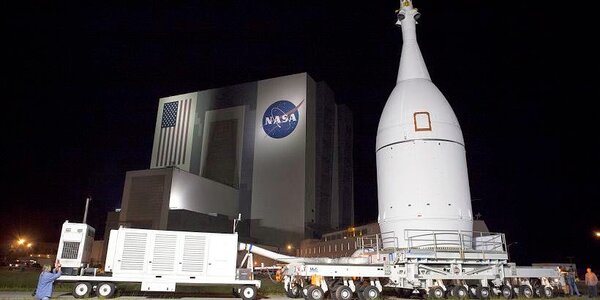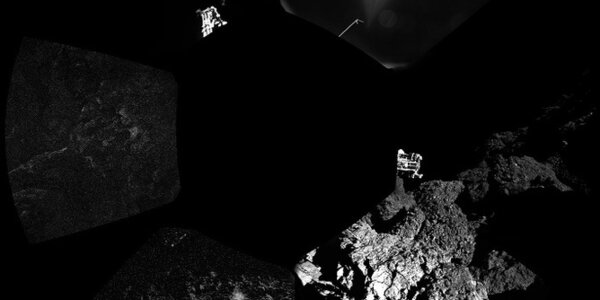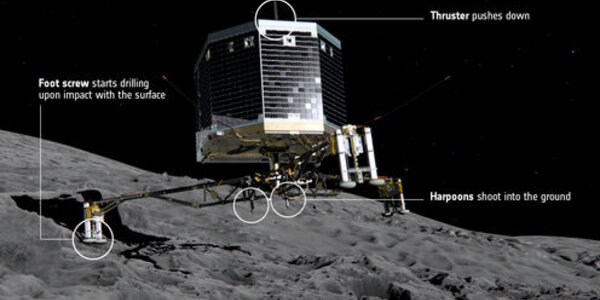America 'On Board' for Orion's First Launch
The first Orion spacecraft launch is just days away, so the excitement grows in America for this maiden flight, which will pave the way for future U.S. deep space missions. When NASA asked people earlier this year to show their support for Orion's first mission, the nation confirmed that Americans are really "On Board" for space exploration. "On Board" is the name of the agency's campaign to engage people in the spaceflight issues, letting everyone to share the enthusiasm about the upcoming manned space missions.
NASA proposed some ways to express support for the Orion mission. People were…









